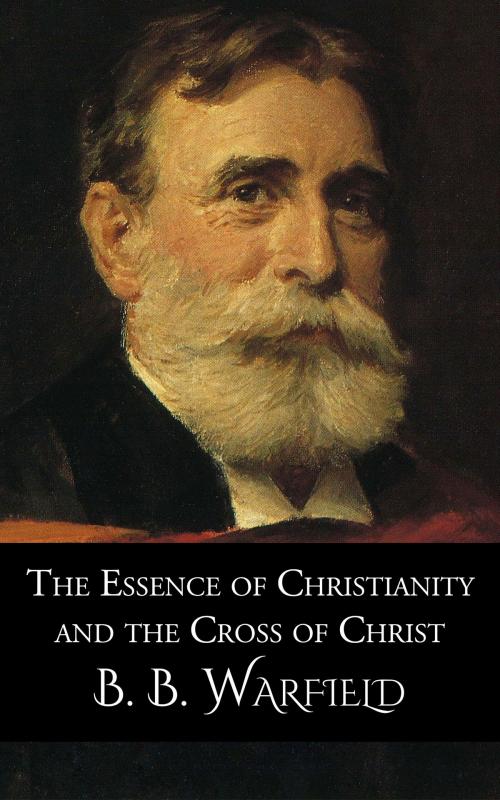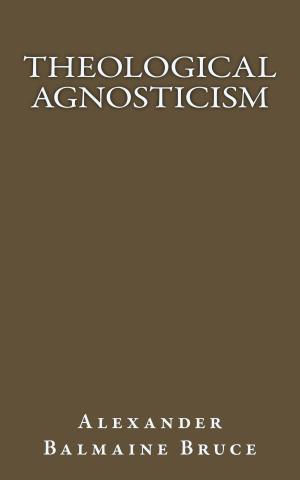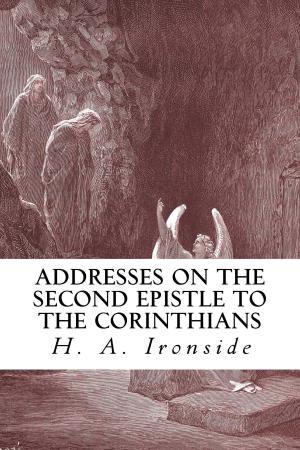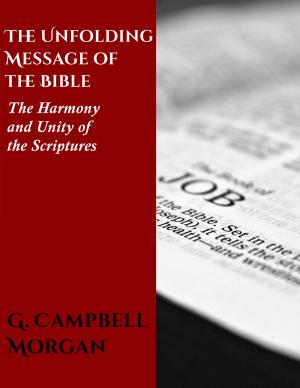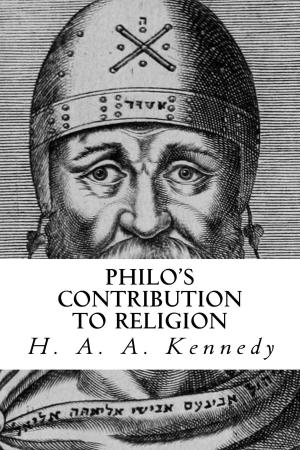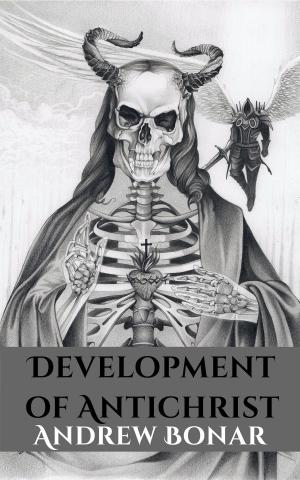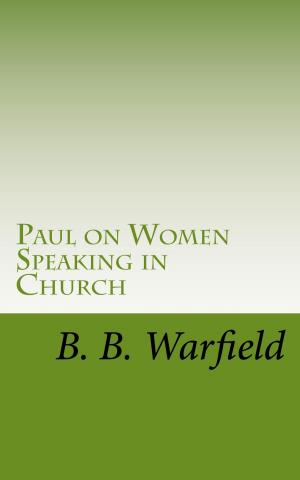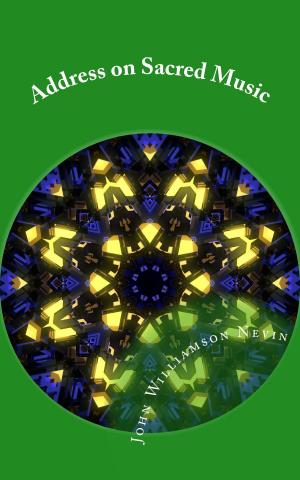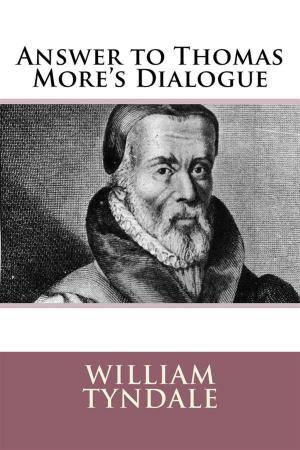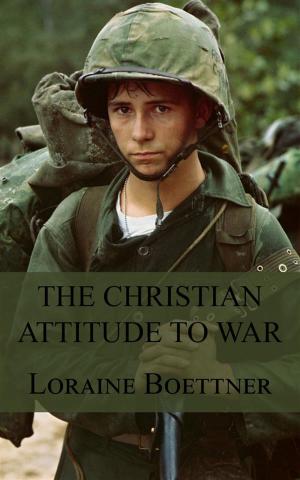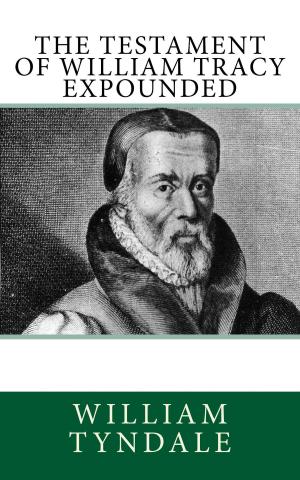The Essence of Christianity and the Cross of Christ
Nonfiction, Religion & Spirituality, Christianity, Christian Literature, General Christianity| Author: | Benjamin B. Warfield | ISBN: | 1230001957037 |
| Publisher: | CrossReach Publications | Publication: | October 7, 2017 |
| Imprint: | Language: | English |
| Author: | Benjamin B. Warfield |
| ISBN: | 1230001957037 |
| Publisher: | CrossReach Publications |
| Publication: | October 7, 2017 |
| Imprint: | |
| Language: | English |
In a recent number of The Harvard Theological Review, Professor Douglas Clyde Macintosh of the Yale Divinity School outlines in a very interesting manner the religious system to which he gives his adherence. For “substance of doctrine” (to use a form of speech formerly quite familiar at New Haven) this religious system does not differ markedly from what is usually taught in the circles of the so-called “Liberal Theology.” Professor Macintosh has, however, his own way of construing and phrasing the common “Liberal” teaching; and his own way of construing and phrasing it presents a number of features which invite comment. It is tempting to turn aside to enumerate some of these, and perhaps to offer some remarks upon them. As we must make a selection, however, it seems best to confine ourselves to what appears on the face of it to be the most remarkable thing in Professor Macintosh’s representations. This is his disposition to retain for his religious system the historical name of Christianity, although it utterly repudiates the cross of Christ, and in fact feels itself (in case of need) quite able to get along without even the person of Christ. A “new Christianity,” he is willing, to be sure, to allow that it is—a “new Christianity for which the world is waiting”; and as such he is perhaps something more than willing to separate it from what he varyingly speaks of as “the older Christianity,” “actual Christianity,” “historic Christianity,” “actual, historical Christianity.” He strenuously claims for it, nevertheless, the right to call itself by the name of “Christianity.”
In a recent number of The Harvard Theological Review, Professor Douglas Clyde Macintosh of the Yale Divinity School outlines in a very interesting manner the religious system to which he gives his adherence. For “substance of doctrine” (to use a form of speech formerly quite familiar at New Haven) this religious system does not differ markedly from what is usually taught in the circles of the so-called “Liberal Theology.” Professor Macintosh has, however, his own way of construing and phrasing the common “Liberal” teaching; and his own way of construing and phrasing it presents a number of features which invite comment. It is tempting to turn aside to enumerate some of these, and perhaps to offer some remarks upon them. As we must make a selection, however, it seems best to confine ourselves to what appears on the face of it to be the most remarkable thing in Professor Macintosh’s representations. This is his disposition to retain for his religious system the historical name of Christianity, although it utterly repudiates the cross of Christ, and in fact feels itself (in case of need) quite able to get along without even the person of Christ. A “new Christianity,” he is willing, to be sure, to allow that it is—a “new Christianity for which the world is waiting”; and as such he is perhaps something more than willing to separate it from what he varyingly speaks of as “the older Christianity,” “actual Christianity,” “historic Christianity,” “actual, historical Christianity.” He strenuously claims for it, nevertheless, the right to call itself by the name of “Christianity.”
